End of an Era for NYC’s Waldorf Astoria
Chinese insurance company Anbang plans to convert the iconic hotel into luxury condominiums.
By Gail Kalinoski
New York—There are many reasons why Anbang Insurance Group Co.’s plan to give the landmark Waldorf Astoria hotel in Manhattan a major renovation and transform most of the rooms into luxury condominiums makes sense, including a glut of hotel rooms in the city, the rise of Airbnb and even fallout from the recent Brexit vote.
“The announcement of Anbang’s intention to convert 1,100 of the 1,400 hotel rooms to luxury condominiums should be a net positive for the company and a way to achieve a higher return on their $1.95 billion investment,” Deborah Friedland, director, Hospitality Advisory Services, EisnerAmper LLP, told Commercial Property Executive.
Friedland noted there has been a significant increase in the hotel supply in the New York City market in recent years, in Manhattan as well as the outer boroughs.
“That coupled with the impact of Airbnb has resulted in concern about the near-term health of the NYC lodging market,” she said. “Operating a 1,400-room luxury hotel is very difficult with respect to maximizing average daily rate and providing appropriate service levels to so many guests.”
Friedland also pointed to the June 23 referendum by British residents to leave the European Union as another possible impact on the hospitality market in New York City.
Citing the strengthening dollar, she said, “International tourism to the city may be negatively impacted which could significantly impact hotel rates as hoteliers compete in the market.”
Anbang, a Chinese insurance company, announced it was buying the Waldorf Astoria in October 2014 from Hilton Worldwide Holdings Inc. for a record-breaking $1.95 billion. The deal closed in February 2015. Hilton continues to manage the iconic property on Manhattan’s Park Avenue that has hosted U.S. presidents, world leaders and celebrities for decades. The Wall Street Journal, which first reported the pending plan to close the hotel for up to three years and convert most of it to luxury condos, said Hilton will continue to manage the property after the conversion. WSJ reported the owners and Hilton have reached severance agreements totaling $100 million or more for workers who will soon be out of jobs.
Anbang has not confirmed detailed plans for the property but it is expected to have 300 to 500 luxury hotel rooms after the estimated $1 billion redevelopment. The Chinese company’s U.S. spokesperson told Reuters, in a report published on Fortune.com, “We have not finalized any plans in terms of the scope, nature and details of the renovation project or the exact timing and duration of the hotel’s closure. We are currently developing conceptual plans and will share additional details once those plans are finalized.”
The Waldorf Astoria would be following in the footsteps of another iconic Manhattan hospitality property—The Plaza Hotel, which also transformed more than half of its guest rooms into luxury condos over a decade ago.
While there has been a significant amount of ultra-luxury condo development in Manhattan causing some developers to lower prices, Friedland still thinks Anbang’s decision to convert much of the Waldorf Astoria into residences could be good for the Chinese insurance firm and Hilton.
“If priced and marketed correctly, the Waldorf condominium conversion could provide a positive return for Anbang while allowing Hilton to focus on growing rate and profitability for the remaining hotel inventory,” she said. “Despite global turmoil, New York City real estate is considered a safe haven for investment and the Waldorf’s prime location should prove attractive to international and domestic buyers.”
Image courtesy of Waldorf Astoria

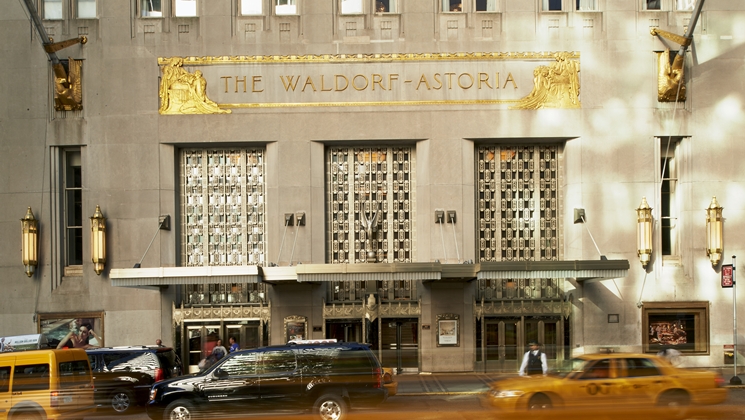

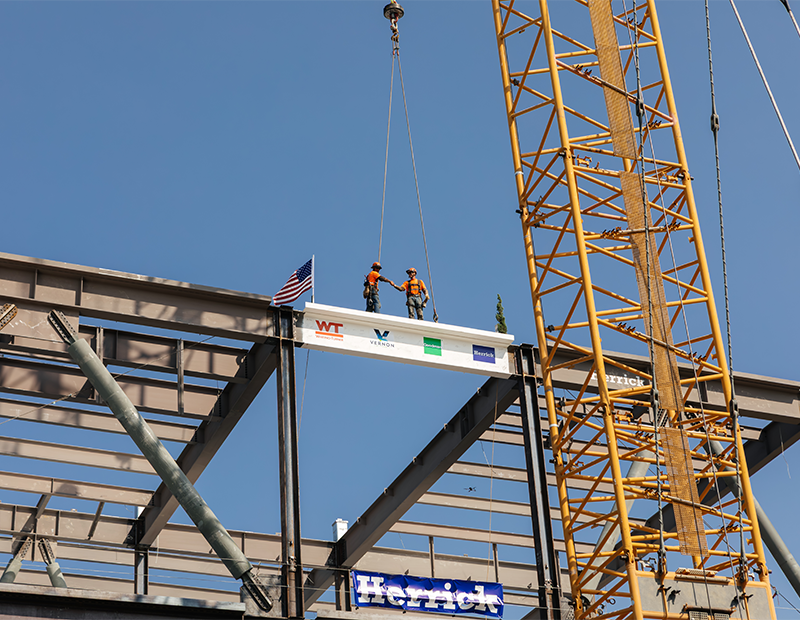
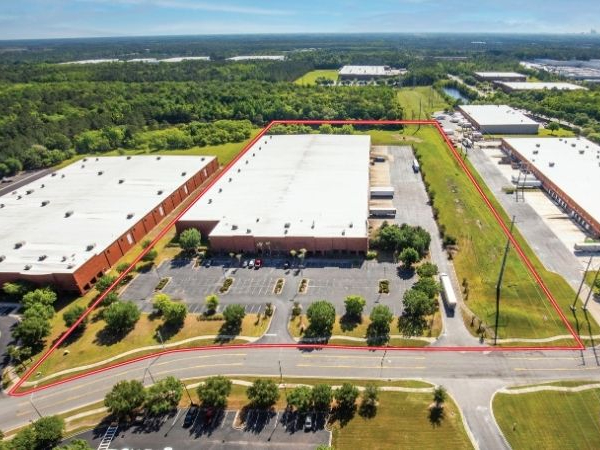

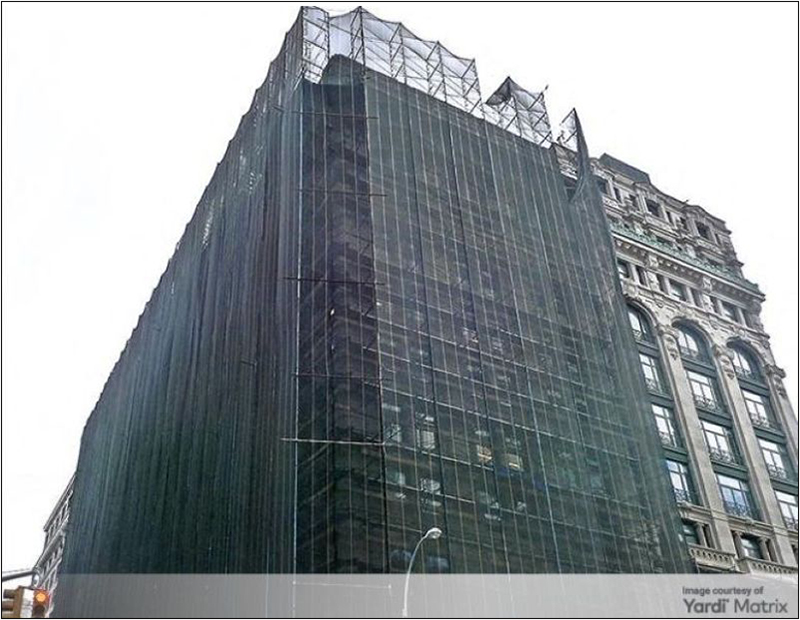
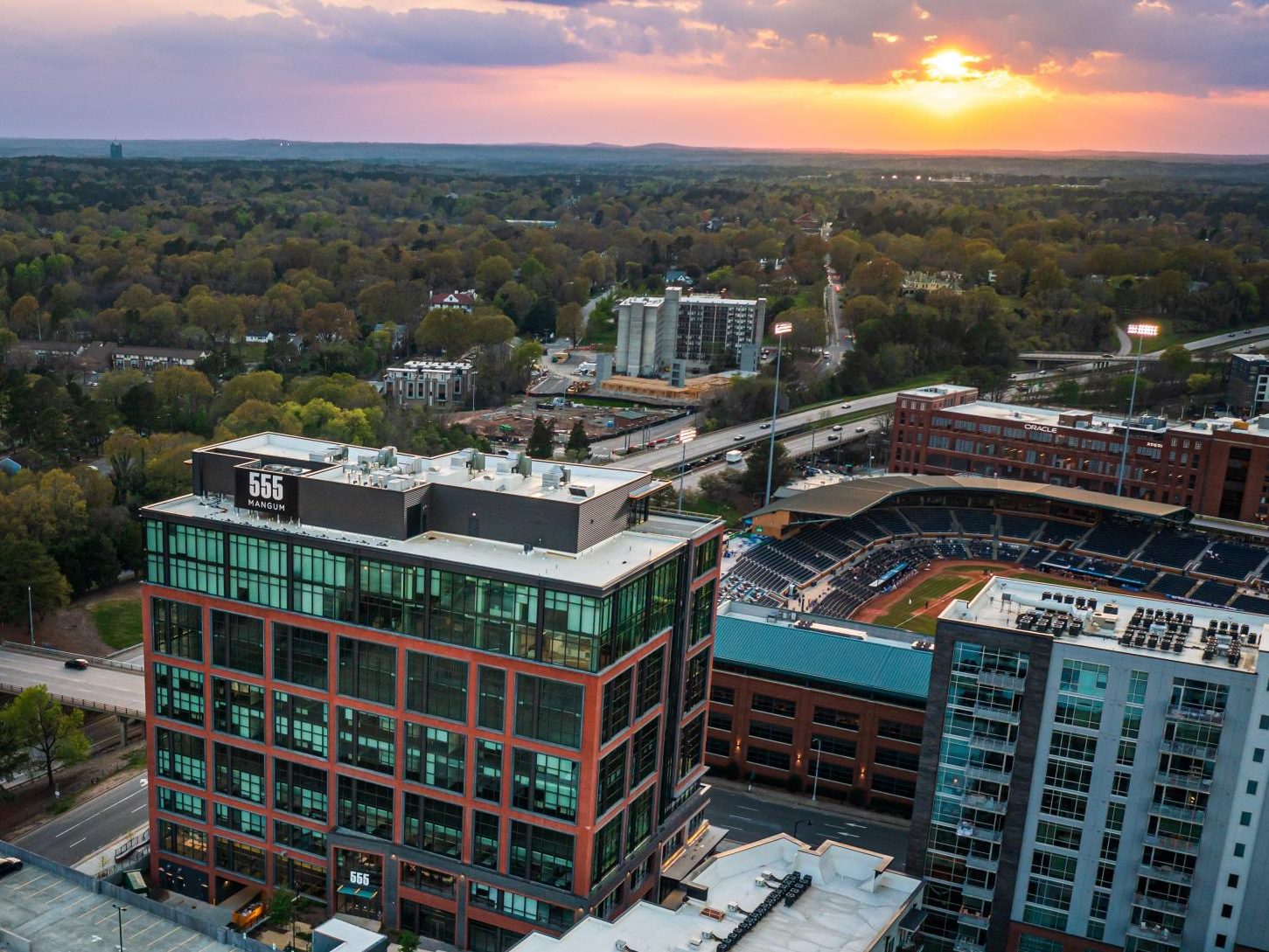
You must be logged in to post a comment.